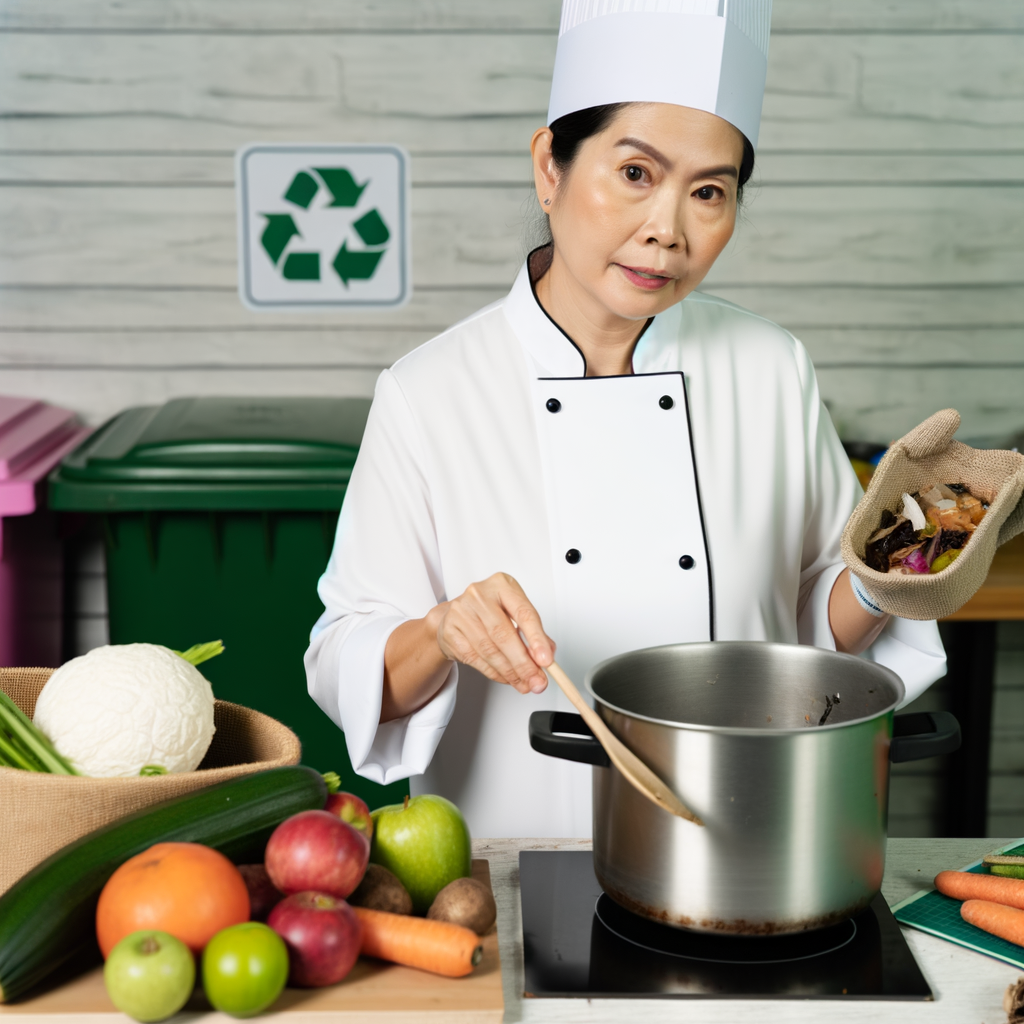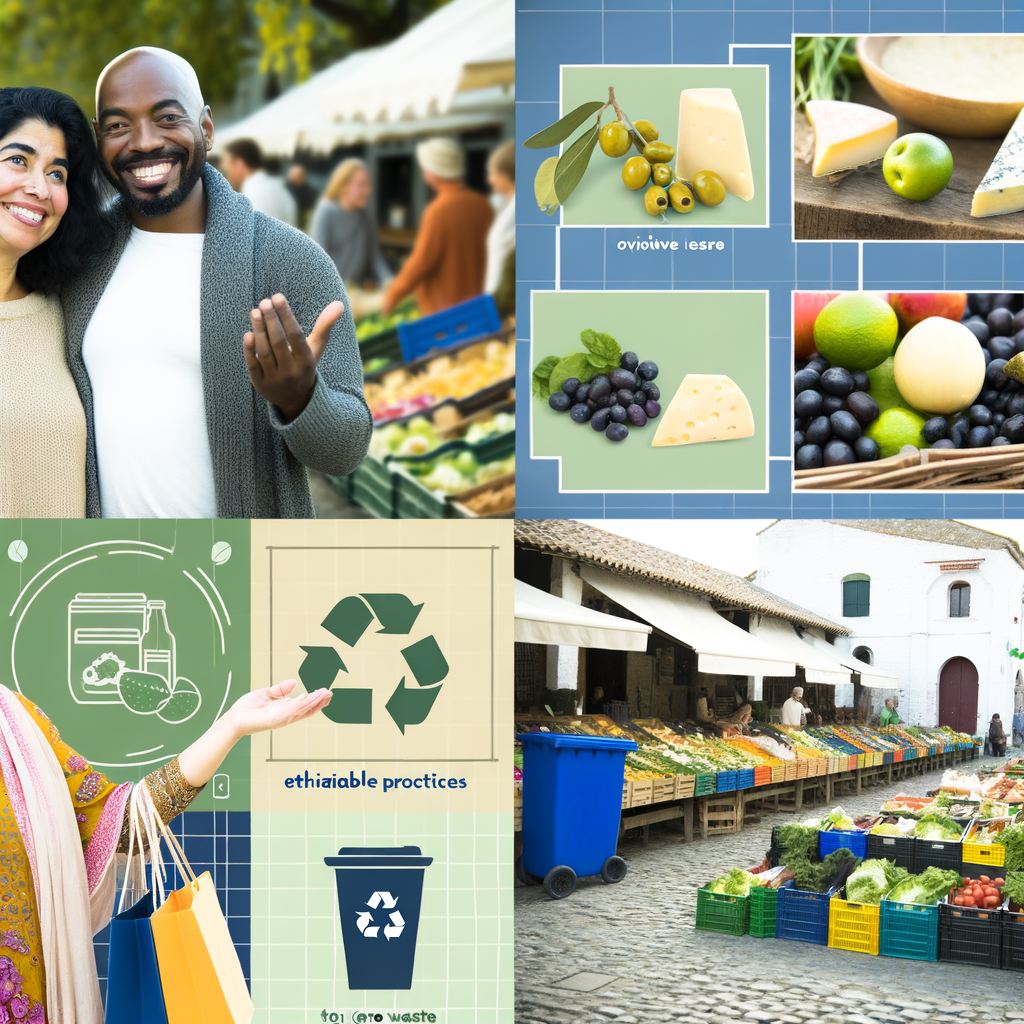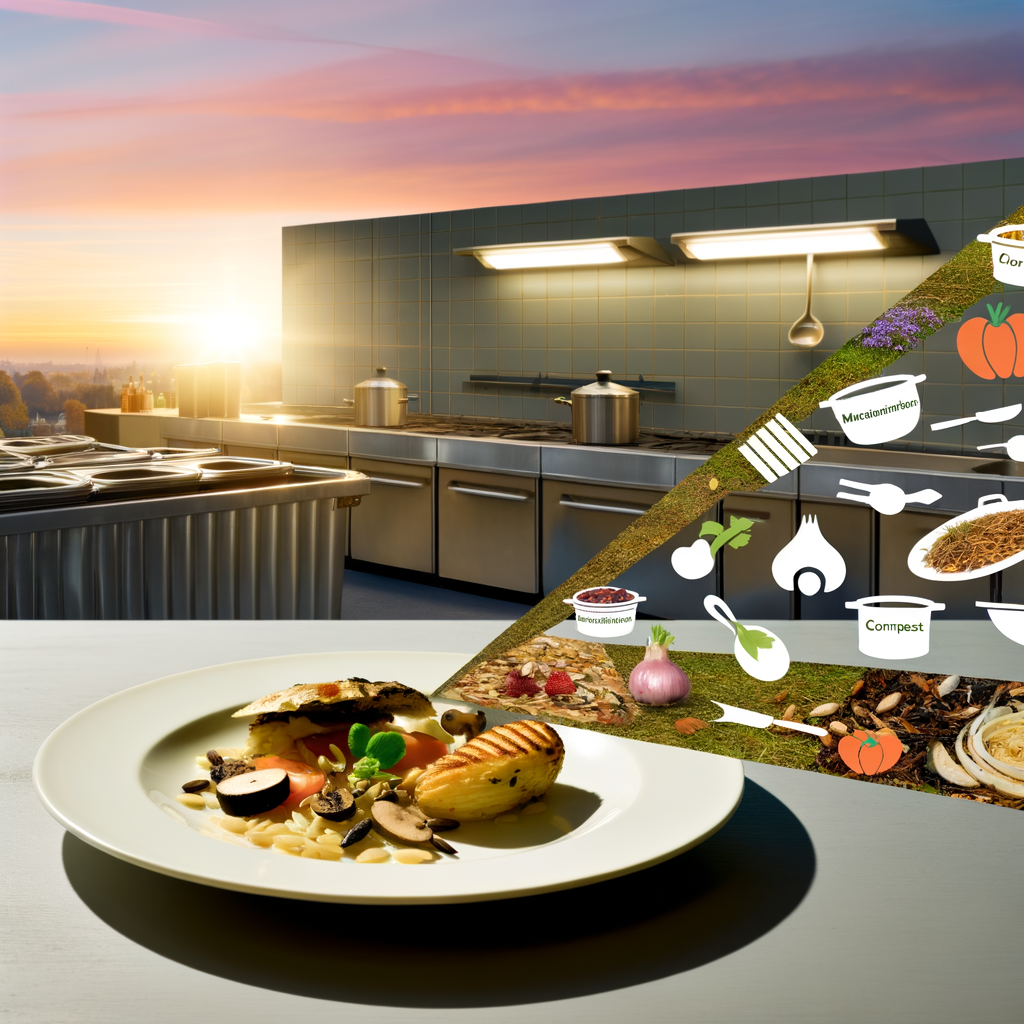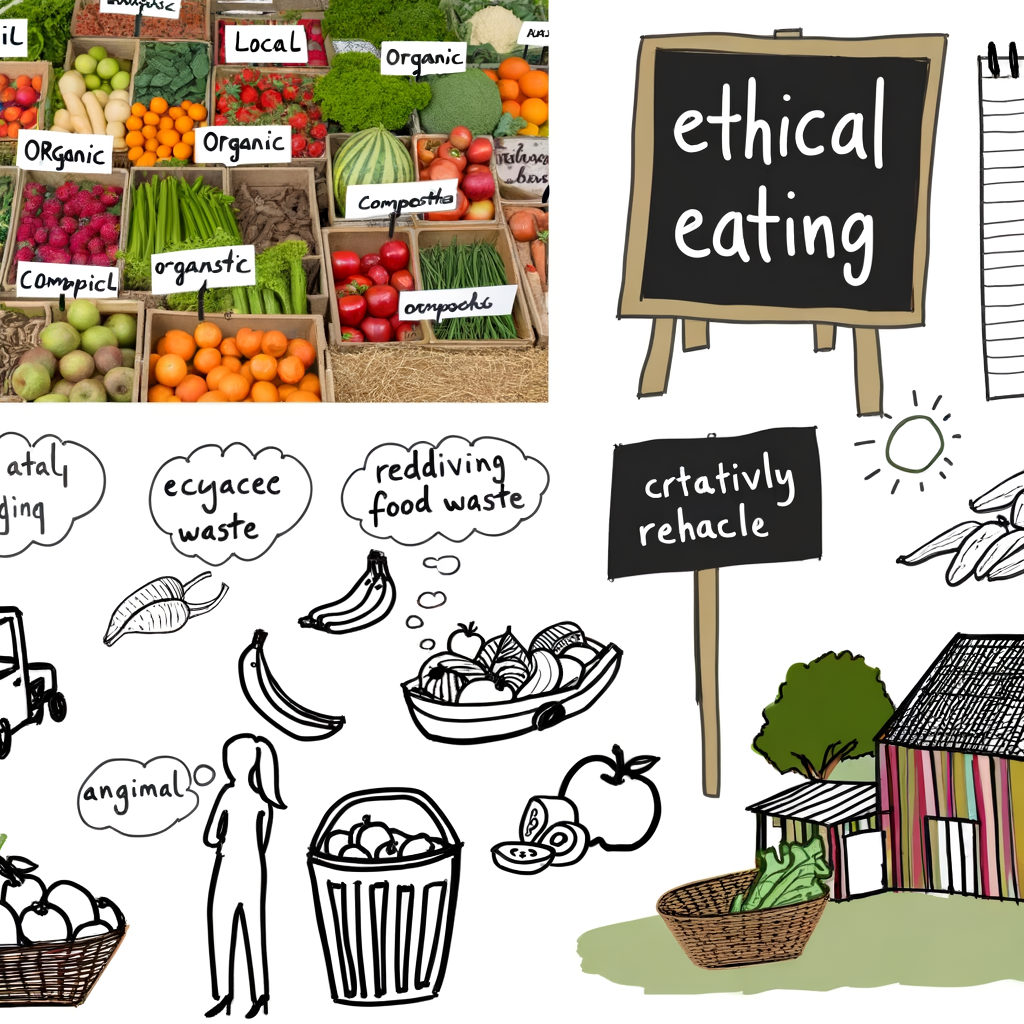As an expert chef, I have always believed that food is not just something we eat to fuel our bodies, but rather an experience that nourishes our souls. And with that belief comes the responsibility to ensure that the food we create is not only delicious, but also ethical and sustainable. In recent years, the topic of ethical eating has gained more attention as consumers become more conscious of the impact their food choices have on the environment. In European cuisine, we have a rich history of using locally sourced ingredients and traditional cooking methods, making it easier for us to embrace sustainable practices.
One of the key principles of ethical eating is to reduce food waste. In my kitchen, we make sure to use every part of the ingredients we cook with, whether it’s using vegetable scraps in stocks or repurposing leftovers into new dishes. This not only reduces waste, but also adds depth and flavor to our dishes. Additionally, we strive to use locally sourced ingredients whenever possible, supporting our local farmers and reducing our carbon footprint by eliminating the need for long-distance transportation.
Another important aspect of ethical eating is choosing sustainable proteins. In Europe, we are fortunate to have a variety of options when it comes to protein sources. By incorporating more plant-based proteins into our dishes, we can reduce our impact on the environment and also provide our customers with healthier options. For meat and seafood, we prioritize choosing ethically raised and sourced options, ensuring the welfare of animals and the health of our oceans.
As culinary artists, it is our responsibility to lead by example and show that ethical eating can be both delicious and sustainable. By embracing these practices, we not only contribute to a healthier planet, but also create a more meaningful dining experience for our customers.





